How Many Watts Does A 5 Cubic Foot Freezer Use
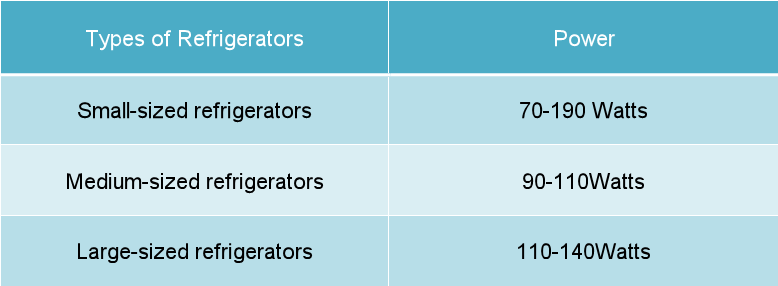
Imagine a sweltering summer day. The sun beats down relentlessly, and the only thing on your mind is a refreshing treat. You reach for the freezer, that trusty cool companion humming quietly in the corner, and pull out a perfectly frozen popsicle. But have you ever stopped to wonder how much energy that convenience actually consumes?
This article dives into the fascinating world of freezer efficiency, specifically focusing on the power consumption of a 5 cubic foot freezer. Understanding how many watts your freezer uses is crucial for budgeting your energy bills and making informed decisions about appliance choices.
Understanding Freezer Wattage: A Chilling Revelation
The wattage of a 5 cubic foot freezer typically falls within a range, not a single, fixed number. On average, you can expect a 5 cubic foot freezer to use anywhere from 75 to 100 watts while it's actively running. However, that's just part of the story.
The wattage only tells you how much power the freezer draws when the compressor is working to cool the interior. The total energy consumption depends on factors like how often the door is opened, the ambient temperature, and the efficiency of the unit itself.
Decoding the Energy Star Label
One of the best resources for understanding a freezer’s energy consumption is the Energy Star label. This label provides an estimated annual energy consumption in kilowatt-hours (kWh).
This figure is based on standardized testing and allows you to compare the energy efficiency of different models. To convert kWh to a more tangible daily or monthly cost, you’ll need to know the price you pay per kWh from your electricity provider.
Newer, Energy Star certified freezers are significantly more efficient than older models. Replacing an old, inefficient freezer with a new Energy Star model can lead to substantial savings on your energy bill over time.
Factors Influencing Wattage
Several factors can influence the actual wattage your 5 cubic foot freezer consumes. A higher ambient temperature, especially during summer months, will force the freezer to work harder and consume more energy.
Frequent door openings allow warm air to enter, requiring the compressor to run longer to maintain the set temperature. Overfilling the freezer can also impede airflow, decreasing efficiency.
The age and condition of the freezer are significant factors as well. An older freezer might have worn-out components, like a less efficient compressor or damaged seals, leading to increased energy consumption.
Tips for Maximizing Freezer Efficiency
There are several easy steps you can take to minimize your freezer's energy consumption. Make sure the door seals are clean and intact to prevent air leaks.
Regularly defrost your freezer to remove any ice buildup, as ice acts as an insulator and forces the freezer to work harder. Avoid placing the freezer in direct sunlight or near heat sources like ovens or radiators.
Consider adjusting the temperature setting. Often, freezers are set colder than necessary. A slightly warmer setting can save energy without compromising food preservation.
A Chilling Thought: Energy Consumption and Sustainability
Beyond the immediate cost savings, understanding and reducing your freezer's energy consumption contributes to a more sustainable lifestyle. Lower energy consumption translates to a smaller carbon footprint, helping to mitigate the effects of climate change. Choosing energy-efficient appliances and adopting energy-saving habits are simple yet powerful ways to make a difference.
By being mindful of our energy usage and making informed choices, we can all contribute to a cooler planet, one popsicle at a time.


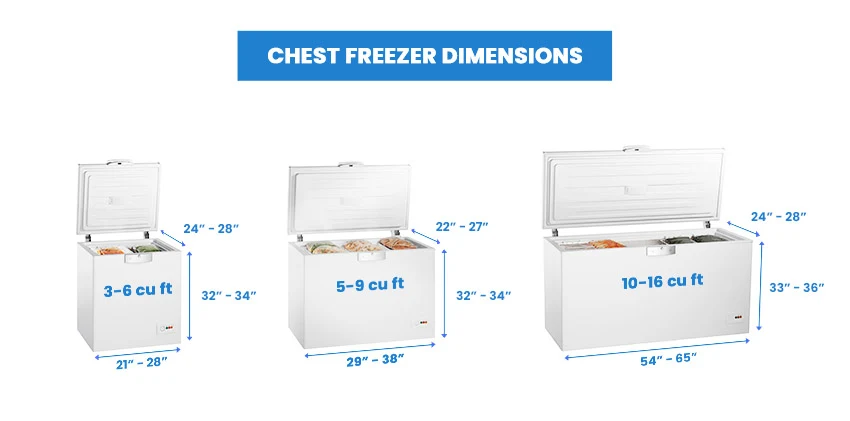
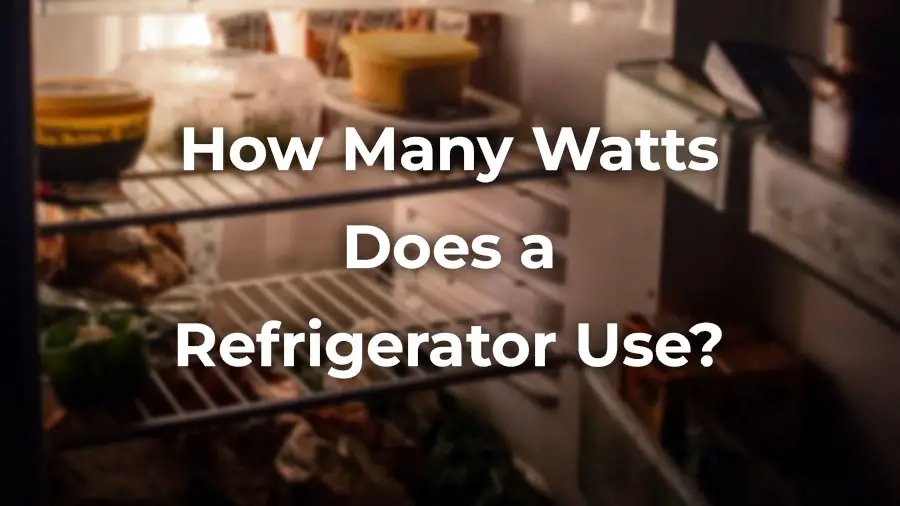

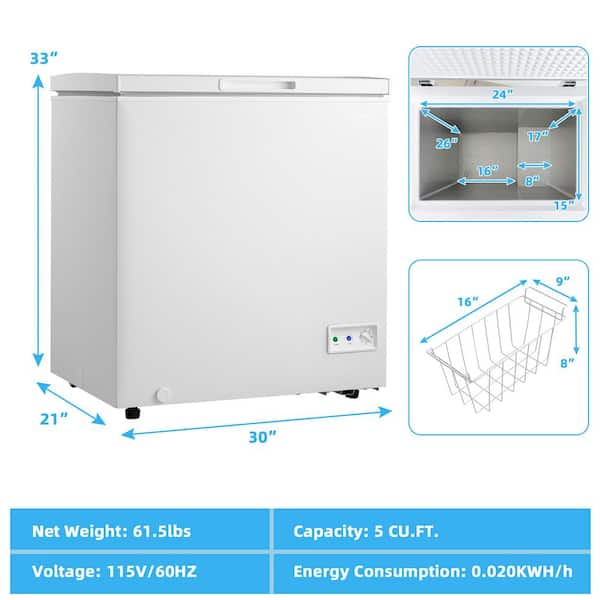

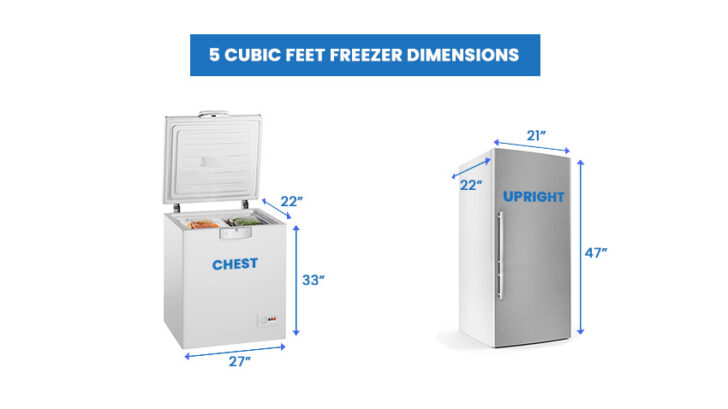

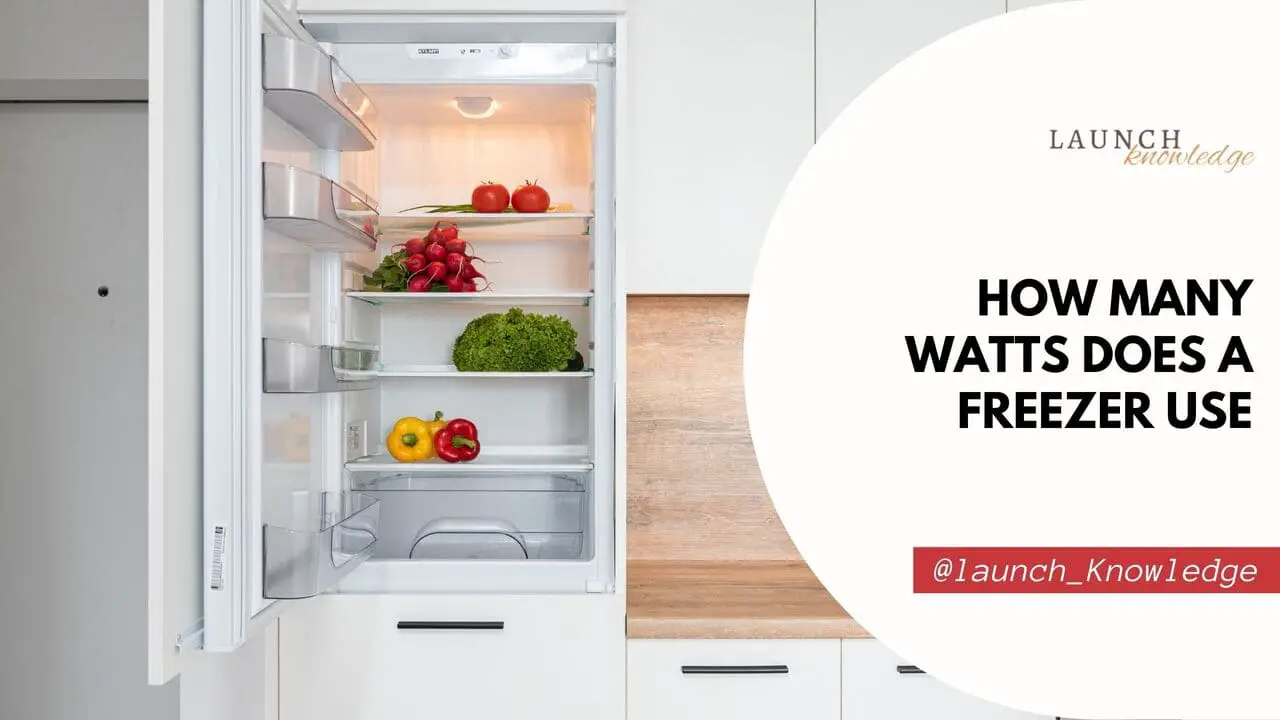
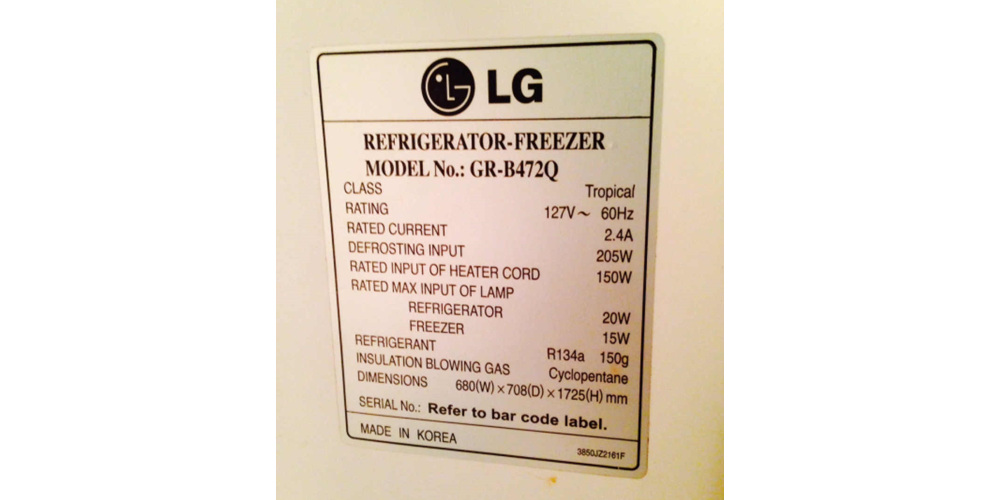
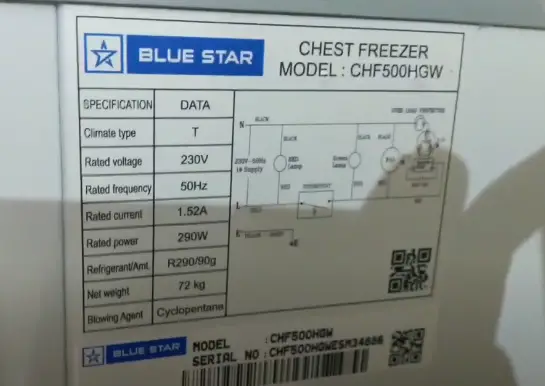
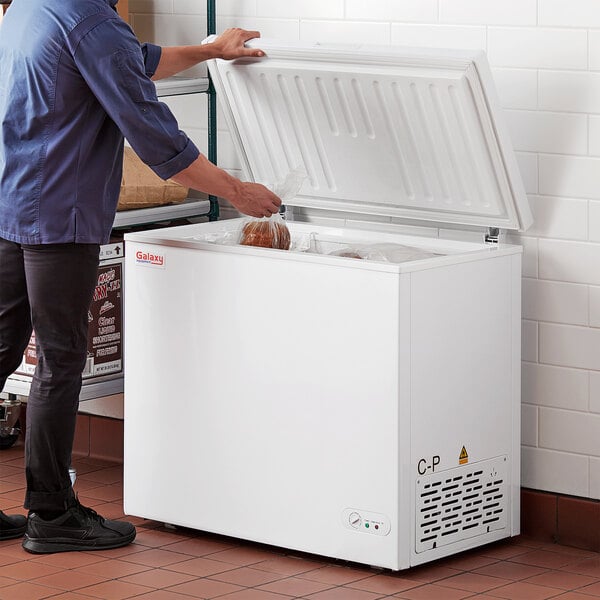

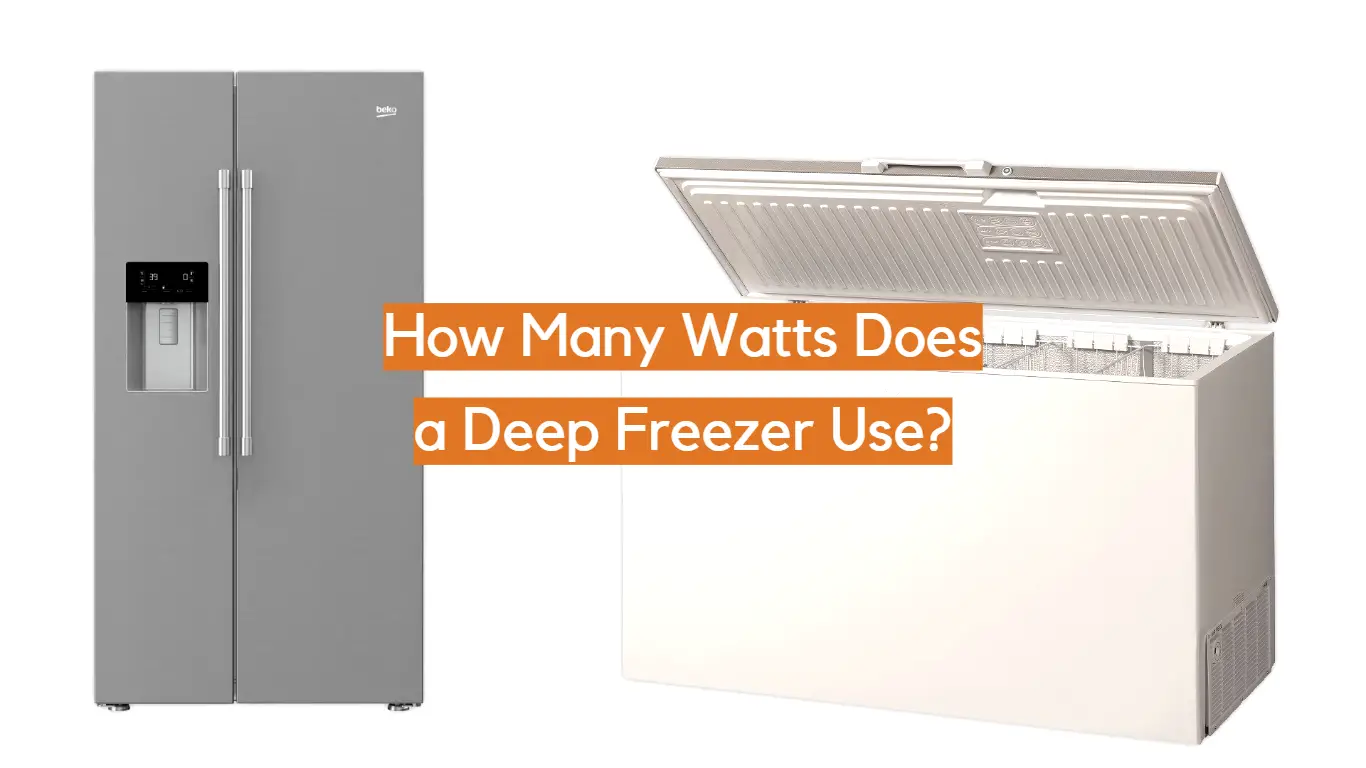

![How Many Watts Does A 5 Cubic Foot Freezer Use Mini Fridge Wattage [1,494+ Units | Most Efficient Revealed]](https://ecocostsavings.com/wp-content/uploads/2023/04/mini-fridge-wattage-examples-768x432.jpg)

